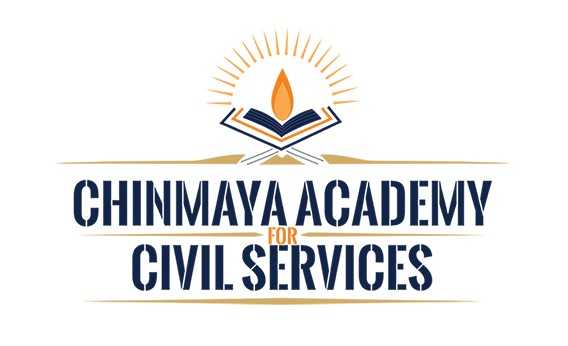We strongly advise you to take the time to browse through the law exam questions and group them according to topic. Your mind will develop certain patterns as a result of the procedure, something no pre-made list can accomplish. Please make note of the questions that go along with each note you create so that you can learn how to connect and unlink properly. When revising, this practice is also quite helpful. You must write your responses in light of recent events, as required by UPSC. You won’t be able to create a good response until you read, write, and keep adding new updates as you read fresh material.
Among the optional that significantly affects one’s chances of succeeding in both the UPSC Prelims and Mains is law. This is due to the fact that if you studied enough for General Studies and start reading law-related issues, it is feasible to score quite well in Law. Those aspiring for the UPSC who have a knowledge of law, finance, global trade, management or administration, often choose law as an elective subject. Its popularity is due to the fact that Law and General Studies overlap in the UPSC Curriculum. This implies that studying for one subject rewards in preparing for another, enhancing the probability of success.


